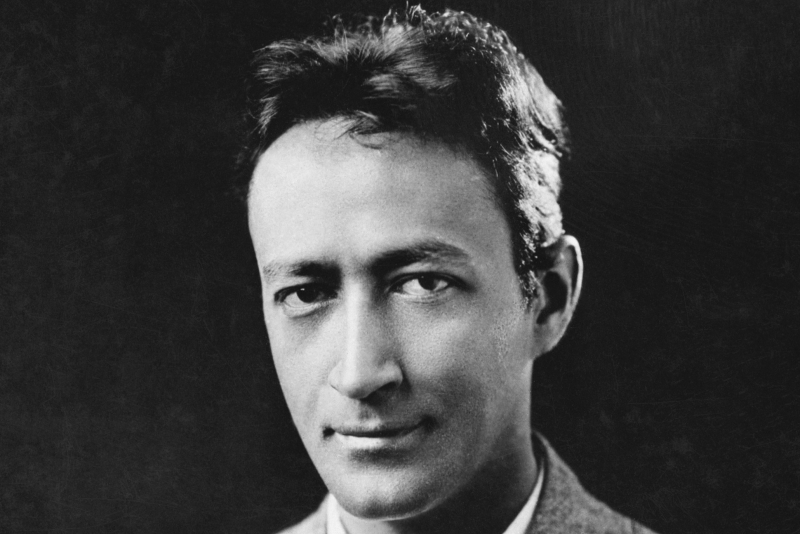Jean Toomer
Jean Toomer has been regarded as one of the most famous poets of the Harlem Renaissance, and a crucial figure in American-African literature. The man grew up in DC, Washington, and was the grandson of one of the first African-American descent governors in the U.S. Toomer was well-received as a novelist, playwright, and poet; and his most critically-acclaimed work - Cane, published in 1924 - was considered by critics as the best literary portrayal of American-African culture and characters.
As the descendent of black and white heritage, his dad left the family when Toomer was merely one year old, which left him in the hands of his mom and grandfather, who used to be a Civil War's Union soldier and served as Louisiana's acting governor during Reconstruction. During his childhood, Jean Toomer participated in segregated schools for both all-black and all-white students. Hence, at a very early age in his life, Toomer objected to race classifications and liked to refer to himself as simply an American.
After Toomer graduated from a prestigious all-black high school, he started to travel a lot, attending many colleges in Chicago, Massachusetts, Wisconsin, and then New York. Here, he published a lot of poems, plays, and short stories. One of his notable poems during this era was the long lyrical Blue Meridian, in which his dreams and hopes of racial unity were pointedly captured.
Years: 1894–1967
Most famous works: Cane, Blue Meridian








